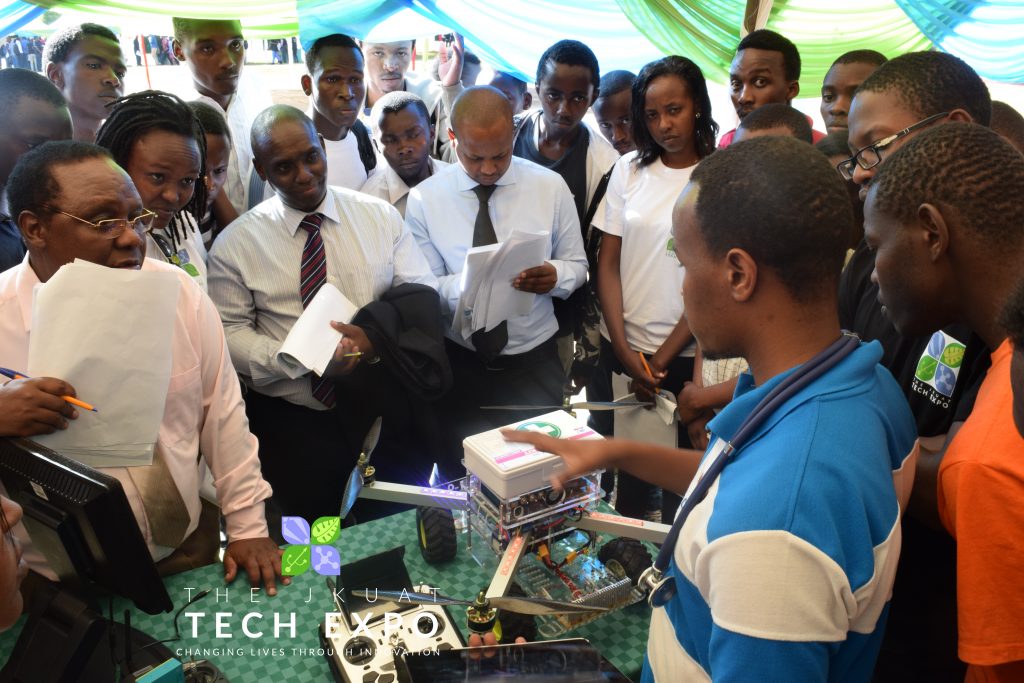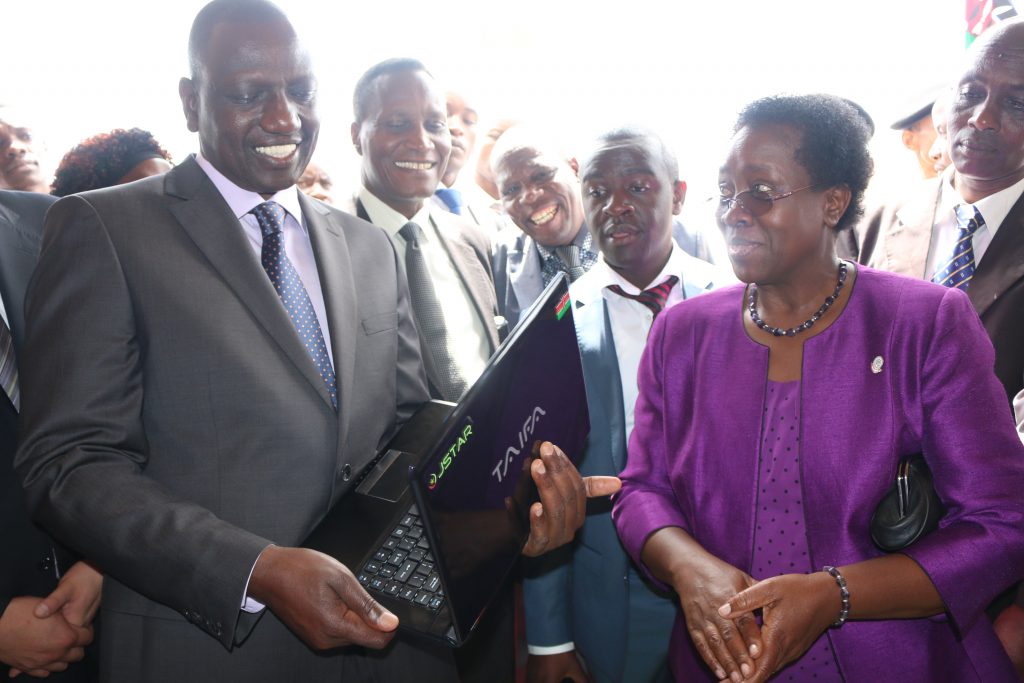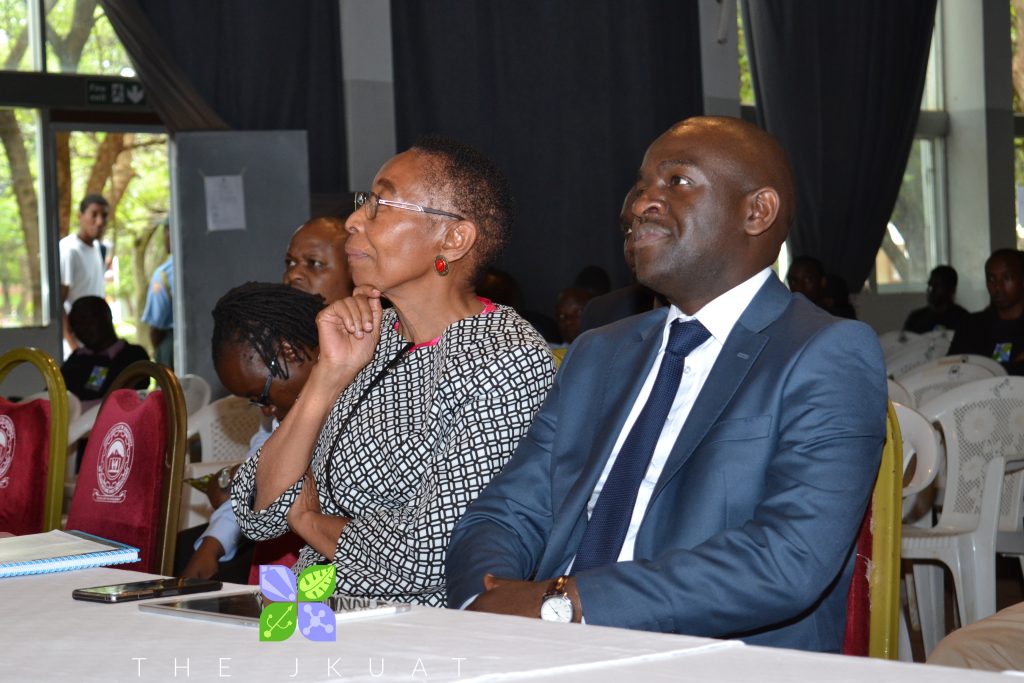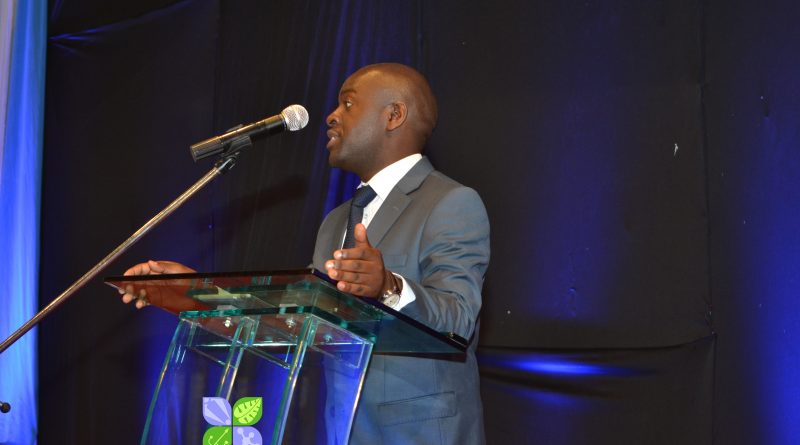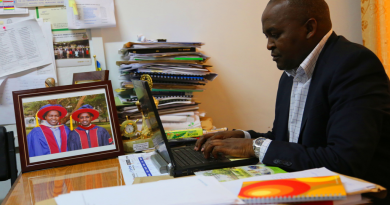JKUAT Profiles; Deputy Director NITP and Mandela-Washington Fellow, Mr. Calvin Kebati
On the last day of May, in the year 1850, nine men gathered to begin planning a University that would serve the Northwest Territory. Given that they had little money, no land and limited higher education experience, their vision was ambitious, seemed almost a pipe dream to the visionless. But through a combination of creative financing, shrewd politicking, religious inspiration and an abundance of hard work, the founders of Northwestern University were able to make that dream a reality.
Currently sitting on a 240-acre parcel in Evanston, Illinois, along the shores of the great Lake Michigan, and just 12 miles north of downtown Chicago, is the prestigious Northwestern University. Established in 1851 by John Evans alongside the other eight formidable great minds, Northwestern is now a Private Research University, offering programmes in almost all disciplines. As you are reading this piece, more than 12,000 kilometers away from home, Mr. Calvin Kebati is walking the streets of Northwestern University, most probably at the Kellogg School of Management, pursuing an intensive programme on Business and Entrepreneurship, thanks to the Mandela Washington Fellowship.
When I sat down with Calvin on the 30th of May this year, we discussed his motivations, his dreams, his drive, what makes him tick, and most importantly, his hope and vision for the African continent. Calvin Kebati is a man of many superlatives. Many firsts too. Currently the Deputy Director of the Nairobi Industrial and Technology Park (NITP), he has been tasked, as is the core mandate of the Park, with facilitating the transformation of innovations and research findings into sustainable enterprises by availing an incubation process. NITP is a JKUAT/Government of Kenya/ Private Sector initiative which provides a location in which the government, private sector and universities cooperate to foster collaboration and innovation. But that’s not all.
Calvin Kebati is also the brainchild behind the annual JKUAT Tech Expo, a student-centered innovation platform where students from across Kenyan Universities congregate together with industry players and the academia to compete and exhibit their innovations and projects. The end game? Commercializing them and providing solutions to daily life’s challenges. It is therefore no surprise that he sailed through the very competitive Mandela Washington Fellowship selection process and earned a slot among the 1000 young Africans who flew to the United States early this summer. So just what exactly made him take this as the next big step?
“The world is a global village. You cannot improve and move forward if you don’t know what’s happening around you. And with my nature of job which entails a lot of working with students and innovators, this is particularly a valuable networking opportunity for me,” asserts Kebati.
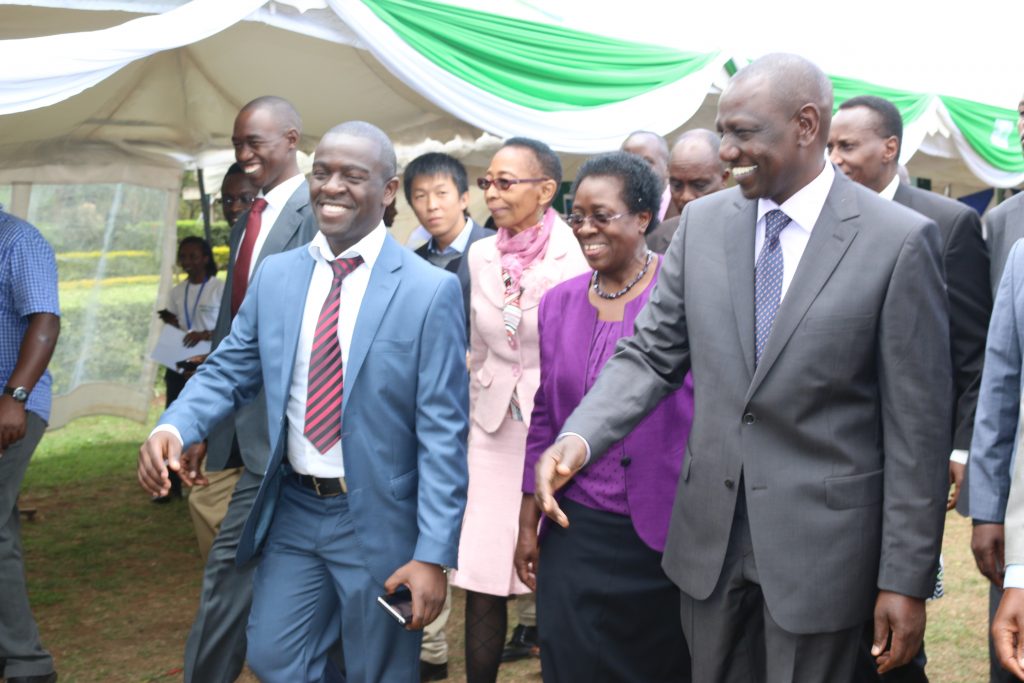
Kebati’s area of focus will be the Business and Entrepreneurship track, hoping to hone his skill set on matters commercialization and effective business strategies. But other than this, how does he hope to exploit this back home, what voice does he think the African youth have in the African future, and just who is Calvin outside the scope of his peerless professional milestones?
Your next move when you get back home?
One of my key mandates and that of the NITP is to turn innovations into commercial enterprises. I intend to continue with this, but more importantly loop in more people into the network. As at now we’ve concentrated mostly on people in Universities as pertains to innovators. But there’s more that can be done with business people, especially small businesses. Take for instance your local mama mboga (vegetables vendor). If you’re keen enough you’ll realize throughout the year they are exactly where they were when you started shopping with them. Absolutely no advancement. So the question is how do you uplift them, how do you help them scale, those are the kind of initiatives I plan on embarking on, because that to me would have more give-back impact.
Your take on the future of youth leadership in the continent?
70% of Africa is made up of young people. If they’re not exposed to management and mentored into leadership, then whom are you leaving Africa to? In Kenya for instance, the older generation is slowly moving out of those managerial positions. The latest statistics by the Public Service Commission in Kenya indicate that 31% of the people in government will be retiring in the next 5 years. And yet we’re only having 11% as a representation of young people in government today. These are worrying figures when you think in terms of continuity. Our country today, like many others, is adopting a technological aspect in many areas. The trajectory towards realizing that can only be sustained if you get impetus from young people. The situation is the same in nearly all African nations. The need therefore for young people to take up leadership and managerial roles cannot be overemphasized. This is the only way to secure the future of Africa, and it starts by mentoring the youth to enable them take up the baton and surge forward.
How has being in a leadership position as a young person changed you?
First of all, it has been and it is an honor to serve in these positions at a very young age. It exposes you to different things and you learn a lot. I have learnt that management is an art, not a science. And effectively managing and working with people is something you never stop learning. With each encounter comes new insights. I have learnt the significance of being objective and resilient.
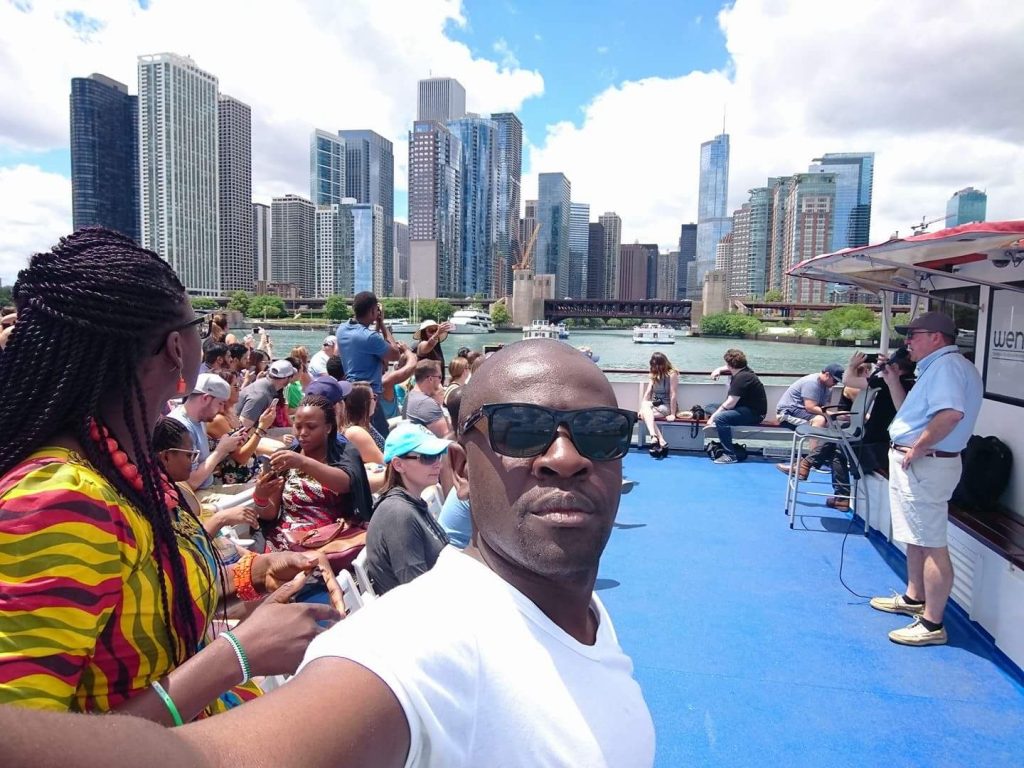
Your hope for the future of the Nairobi Industrial Technology Park?
I see it as the Silicon Valley of Africa. It’s one of the models that is soon becoming a case study for Africans, and there is so much hope in terms of the confidence the people who will invest in the park will have because being owned by a University, it’s something that never gets lost. It will be there for a long time, which inspires long term investments.
Your greatest lesson in your six years of service to the University?
Maintain your focus. Don’t pause on the way to listen to or argue with the dogs that bark at you, otherwise you’ll never get to your destination. Always focus on your goals, and if you know for sure that your objective is going to be impactful, go ahead and do it.
Any point in your life you second-guessed yourself on what you really wanted to do?
Not really, but I have diversified how I think. A lot.
What drives you?
I’m driven by passion to see things coming from nothing to something.
How would you advise a University student?
Be open-minded, and learn to volunteer. Those are two things that expose you to different systems. Being in the University means you’re universal. It means you can fit in many places. Whatever you’re doing affects everything around you. You can’t live like an island, so learn to be able to open your eyes on every opportunity you get.
What keeps you up at night?
I always sleep at night. Soundly for that matter.
What characteristics do you admire most in people?
Honesty, directness, and creativity.
If you were stranded in a deserted island, what three things would you need with you?
My Bible, a shoe polish and a tent. A shoe polish because it scares snakes away and I don’t like snakes. A Bible because I love reading, and because it’s the only book that never changes. It’s constant and has solutions to everything. Most other books keep changing, you’ll hear version one, third edition et al, but the Bible never changes. I’ll need a tent because I love having a sound sleep.
Greatest life principle you live by?
Do what you’re supposed to do.
***
In his final sentiments, Calvin quips that everyone should know that with every new day comes a new possibility. Well, he’s a living testimony to that timeless fact. More than seven years ago, just as he was finalizing his undergraduate studies in the University, he conceptualized the now very significant annual JKUAT Tech Expo. Seemed like a pipe dream then to many cynics. Fast-forward to his work at the helm of the Industrial Park. And now, as he refuels his passion at the Northwestern University, itself premised on a rich history of resilience and noble purpose, it is safe to say Calvin Kebati is just but getting started.
